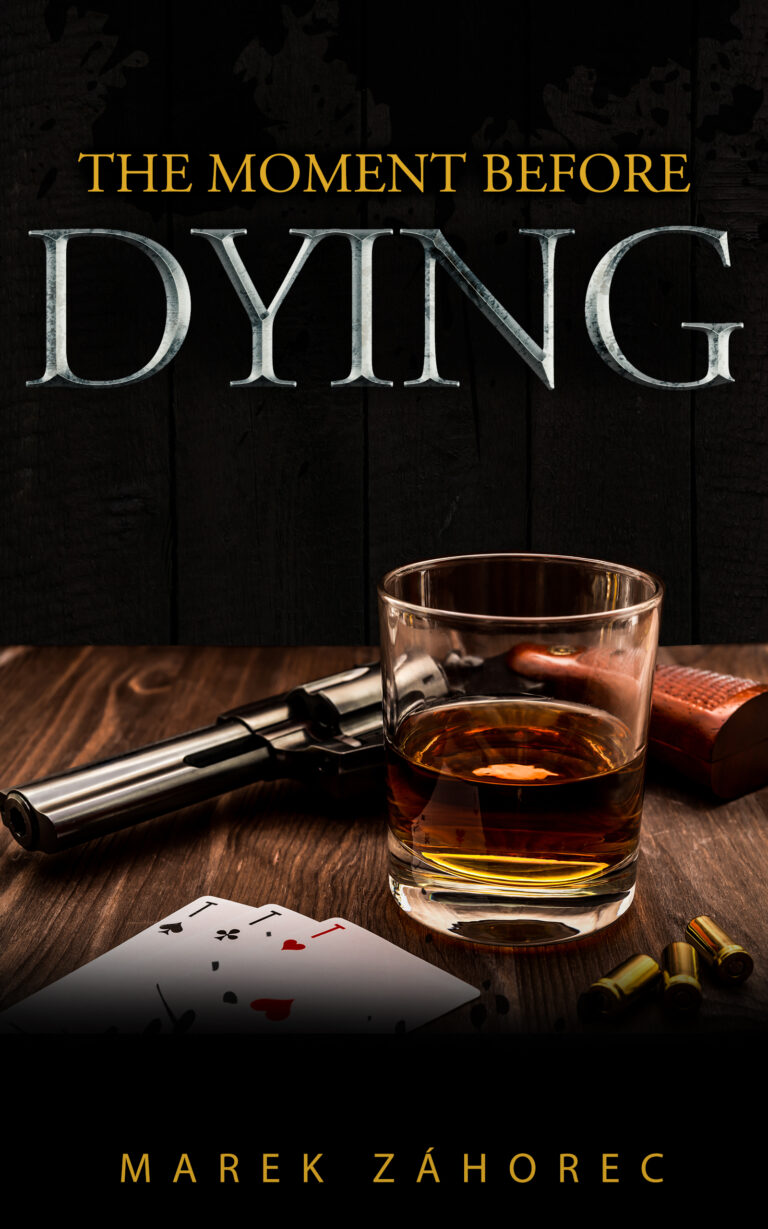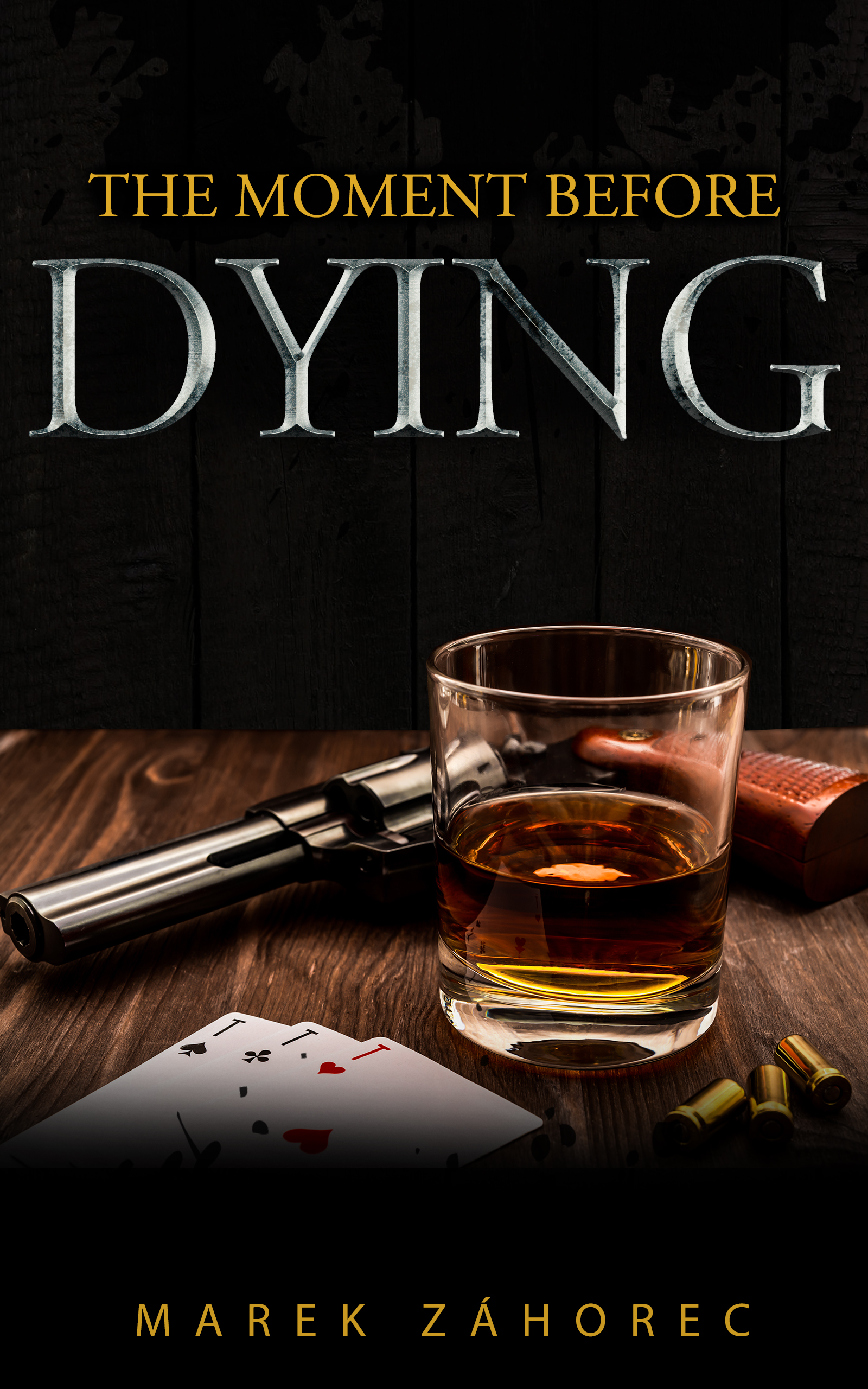THE MOMENT BEFORE DYING is narrated by Tony Castello, who, as a small child, immigrated to the US from Palermo, Italy. Finding it difficult to reintegrate into society after returning from WWI as a shell-shocked veteran, he joins an organized crime syndicate during the Prohibition era. The novel traces Tony’s transformation from an infantryman scarred by state-sanctioned violence during the war into a mobster who serves as a very different kind of soldier in the crime family led by don Carmine Falcone. Stemming from his refusal to be ground down into a non-entity by dull, repetitive work, in the way that his father had been diminished during his decades as a miner, Tony’s decision to embark on a life of crime at first yields tangible rewards. It enables him to pay off the landlord who threatens to evict his family from their modest apartment, and to spare his mother from the physically demanding work that she has had to undertake, despite her weak heart, following Tony’s father’s untimely death. Ultimately, however, in a somewhat heavy-handed meting out of karmic justice, Tony’s life of crime results in disastrous consequences, not only for himself but also for those closest to him.
Although author Marek Záhorec keeps his plot moving in ways that many readers are likely to find engaging, some of the exchanges between the characters come across as verbally unconvincing and affectively implausible. For example, even though Tony and Sal Romano work together closely as colleagues in crime, their dialogue involves oddly abrupt shifts in tenor and tone—to the extent that the writing borders on the nonidiomatic. More problematic, perhaps, is the gappiness of some of the novel’s key characters. Tony’s mother and younger brother, for instance, are at once elliptically drawn and statically presented, surfacing intermittently over the course of the action but never figuring as evolving, multidimensional individuals: Tony’s mother is always affectionately if ineffectually concerned about her son’s well-being, and Paul is always restlessly refusing to follow his family’s advice. Likewise, Charlotte, Tony’s main love interest, slots all too easily into the centuries-old stereotype of the prostitute with a heart of gold.
There are also incongruities of presentation that undercut the believability and even the coherence of Záhorec’s historical fiction. Setting most of the novel in the period 1920-1924 in the US, the author makes particular reference to January 17, 1920, as the date on which the Eighteenth Amendment to the US Constitution took effect, and Prohibition officially began. He also invokes the Volstead Act, which also took effect in 1920, and which made provisions for the enforcement of the new amendment. Yet errant details call into question the novel’s putative locus in space and time. For example, when Tony asks a colleague to hide his mother and sister in a “small, sleepy town around a hundred kilometers from here” to protect them from the wrath of Carmine Falcone, he uses a non-indigenous unit of measure. Or again, late in the novel, when Tony is imprisoned before agreeing to testify against his old boss, another inmate in the prison pressures Tony to take action against his cellmate, complaining that “we’ve waited so long for you to man up, and you do nothing” (emphasis added). The Oxford English Dictionary lists 1996 as the date for the first reported instance of the verbal phrase “man up,” meaning that the phrase occurs some 70 years too early in the world of the novel.
Further, the larger context in which Tony’s fellow inmate makes his complaint is even more telling. This character is seeking to enlist Tony, as another “White” person, in a race war within the prison, by having him murder his Hispanic cellmate. As cultural historians and others have discussed, however, the criteria for whiteness in the US have shifted over time, with Italians (particularly Italians from the southern part of the country, like the Sicilian-born Tony) being discriminated against even if they were nominally categorized as White in legal terms. Would Tony have been recruited, in an American prison in the 1920s, for a racial war against “non-White” inmates? This is the kind of question that makes a difference for novels that, like Záhorec’s, purport to evoke a specific place and time.
Centering on an Italian-American who joins the Mafia during the years of Prohibition, THE MOMENT BEFORE DYING, though well-paced and rich with incident, is marred by stilted dialogue, thin, sometimes stereotypic characterization, and anachronistic (or otherwise incongruous) details.
~David Herman for IndieReader


